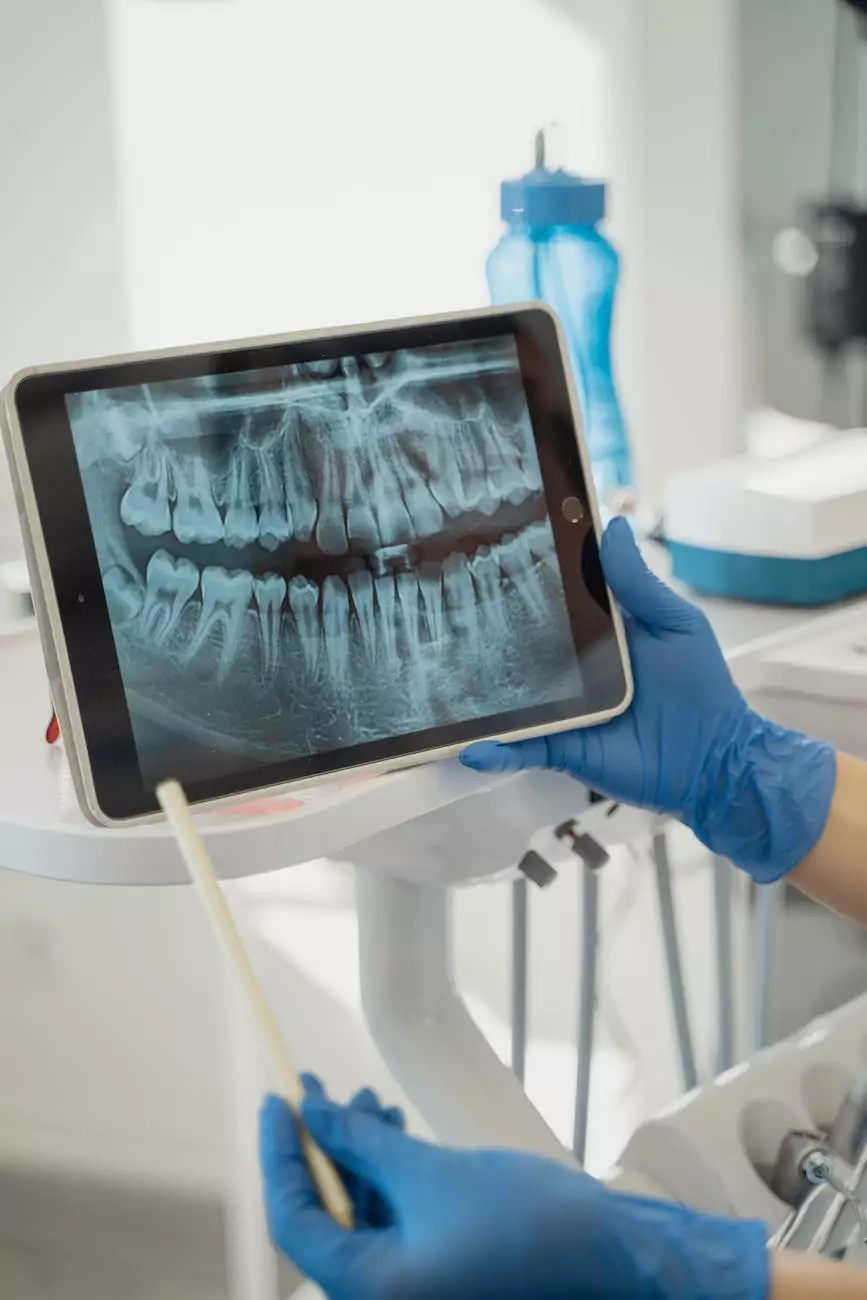Understanding High Cholesterol Handout - Jenny Demeaux, RNC ND

If you are concerned about high cholesterol levels, you have come to the right place. Jenny Demeaux, a dedicated and experienced registered nurse and naturopathic doctor, is here to provide you with a comprehensive understanding of high cholesterol, its causes, effects, and management. With her expertise, you can gain valuable insights and make informed decisions regarding your health.
What is High Cholesterol?
Cholesterol is a waxy substance found in your body and is necessary for the proper functioning of your cells. However, when the levels of cholesterol in your bloodstream rise above the normal range, it can have detrimental effects on your health. High cholesterol is a prevalent condition and is a significant risk factor for various cardiovascular diseases.
The Causes of High Cholesterol
Several factors can contribute to high cholesterol levels. These include:
- Diet: Consuming foods high in saturated and trans fats can increase your cholesterol levels.
- Genetics: Some individuals have a genetic predisposition to higher cholesterol levels.
- Inactivity: A sedentary lifestyle can lead to higher levels of LDL (low-density lipoprotein) cholesterol, commonly known as "bad" cholesterol.
- Age and Gender: Cholesterol levels tend to rise with age, and men generally have higher cholesterol levels than pre-menopausal women.
- Obesity: Excess weight, especially around the waist, can contribute to higher cholesterol levels.
The Effects of High Cholesterol
High cholesterol can have severe consequences if left unmanaged. It increases the risk of developing:
- Coronary artery disease
- Heart attack
- Stroke
- Peripheral artery disease
Understanding the harmful effects of high cholesterol is crucial in taking necessary steps to manage and mitigate these risks.
Managing High Cholesterol
Fortunately, high cholesterol is a manageable condition, and there are various approaches to reduce cholesterol levels and minimize associated risks. The key aspects of managing high cholesterol include:
- Dietary Changes: Adopting a heart-healthy diet that includes fruits, vegetables, whole grains, lean protein, and limiting saturated and trans fats can significantly improve cholesterol levels.
- Regular Exercise: Engaging in physical activity for at least 30 minutes a day, most days of the week, can effectively raise HDL (high-density lipoprotein) cholesterol levels, the "good" cholesterol.
- Medication: In some cases, lifestyle modifications may not be sufficient, and your healthcare provider may prescribe medications to help manage high cholesterol levels.
- Supplements: Certain supplements, such as omega-3 fatty acids and plant sterols, have shown promise in lowering cholesterol levels. However, it is essential to consult with your healthcare provider before incorporating supplements into your regimen.
- Regular Monitoring: Regular blood tests can help monitor your cholesterol levels and evaluate the effectiveness of your management strategies.
Expert Guidance from Jenny Demeaux, RNC ND
Jenny Demeaux, a reliable and dedicated registered nurse and naturopathic doctor, is committed to helping individuals understand and manage high cholesterol effectively. With her in-depth knowledge and experience, she provides expert guidance in addressing your concerns and tailoring a personalized approach for optimal cholesterol management.
Conclusion
High cholesterol can pose serious risks to your cardiovascular health. Understanding its causes, effects, and management strategies is vital for taking control of your well-being and reducing associated risks. With Jenny Demeaux's expertise as a registered nurse and naturopathic doctor, you can acquire the knowledge and guidance needed to navigate through concerns related to high cholesterol levels. Take proactive steps towards a healthier life today.



